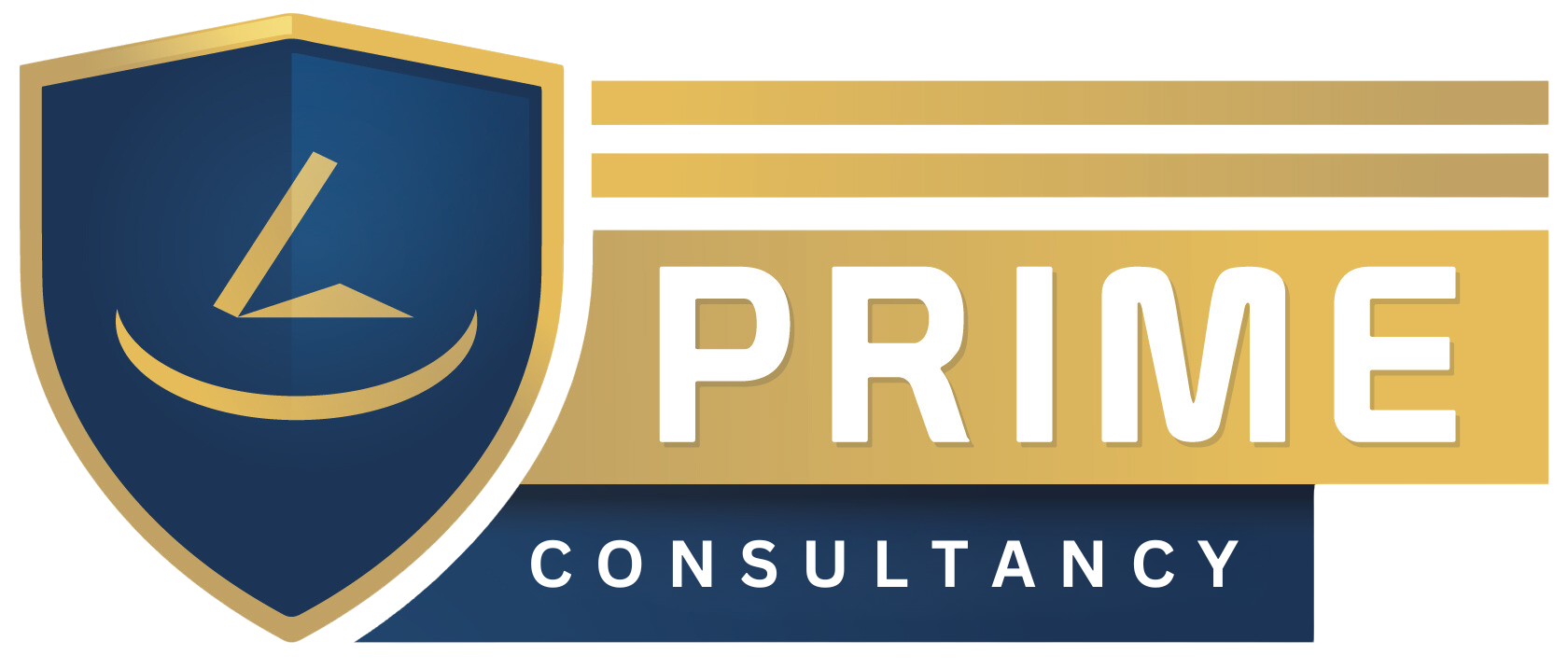- +383 45 234424
- primeiso.eu@gmail.com
ISO Certificates
ISO Certification Services We Offer
ISO 9001: Quality Management System
ISO 9001 is the top standard for quality management worldwide. It helps all kinds of businesses improve customer satisfaction, keep employees motivated, and continuously get better. This standard makes it easier to understand and improve your processes, ensuring you consistently deliver great products and services to your customers.
ISO 45001 : Occupational Health and Safety (OH&S) Management System
ISO 45001, Occupational Health and Safety Management Systems - Requirements, helps organizations reduce the burden of workplace injuries and illnesses by providing a framework to improve employee safety, minimize risks, and create safer working conditions globally. Developed by a committee of occupational health and safety experts, ISO 45001 follows the management system approaches of ISO 14001 and ISO 9001. It also considers other international standards like OHSAS 18001 and the International Labour Organization's ILO-OSH Guidelines.
ISO 14001 : Environmental Management System (EMS)
The ISO 14001 standard requires organizations to identify all environmental impacts and associated aspects. You also need to set environmental objectives and implement actions to enhance performance and processes. ISO 14001 is an internationally recognized standard that outlines how to establish an effective Environmental Management System (EMS). Environmental impact is becoming a critical issue worldwide.
ISO 22000 / HACCP : Food Safety Management System
The ISO 22000 international standard outlines the requirements for a food safety management system. Effective communication throughout the food chain is crucial to identify and control food safety hazards at every step. This involves communication between organizations both upstream and downstream, as well as with customers and suppliers, to ensure clarity on hazards and control measures. Recognizing the organization's role within the food chain is vital for interactive communication, ensuring the delivery of safe food products to the final consumer.
ISO 22301 : Security and Resilience - Business Continuity Management Systems
Many businesses and organizations must be ready to reduce damage and continue operating during emergencies. ISO 22301 assists in safeguarding against disruptions by prioritizing potential threats, adhering to the world's leading business continuity standard. This standard enables companies to endure theft, natural disasters, disease outbreaks, terrorist attacks, and other disruptions through strong backup systems and processes.
ISO 10002 : Quality Management - Customer Satisfaction
ISO 10002 offers guidance on handling product-related complaints within an organization, covering planning, design, operation, maintenance, and improvement. This complaints-handling process can be integrated into an overall quality management system. By viewing complaints as opportunities for improvement, you can swiftly transform customer dissatisfaction into customer satisfaction.
ISO 27001 : Information Security Management System (ISMS)
The effective use of networking technology has enhanced operational efficiency but also heightened the risk to vital business information. Protecting confidential customer data and business information is crucial in today's complex business environment. Unauthorized access to or loss of critical information can severely impact an organization, leading to business interruptions, increased fraud risk, loss of strategic advantage, and damage to reputation.
ISO 27701 : Privacy Information Management System (PIMS)
ISO/IEC 27701 is a privacy extension to ISO/IEC 27001 Information Security Management and ISO/IEC 27002 Security Controls. It offers guidance on protecting privacy and managing personal information, helping organizations comply with privacy regulations and manage privacy risks associated with Personally Identifiable Information (PII).
ISO/IEC 20000-1 : Information Technology Service Management (ITSM)
ISO/IEC 20000 is the international standard for IT service management. This standard allows you to independently show your customers that you follow best practices. ISO/IEC 20000 is suitable for any organization, regardless of size or sector, that relies on IT services. It is especially relevant for internal and external IT service providers, IT departments, and IT outsourcing companies. Certification in ISO/IEC 20000 proves that an organization has the necessary controls and procedures to consistently provide cost-effective, quality IT services.
ISO 21001 : Educational Organizations Management Systems (EOMS)
ISO 21001 is a quality management system standard designed for education and training service providers such as schools, colleges, and training institutions. This standard offers a standardized model for quality and professional operation, serving as a shared reference point for both service providers and their clients in conceptualizing, developing, and delivering educational programs. All requirements outlined in ISO 21001:2018 are generic and meant to be applicable to any organization utilizing a curriculum to facilitate competence development through teaching, learning, or research, irrespective of size, type, or delivery method.
ISO 50001 : Energy Management System
Efficient energy usage not only aids organizations in cost-saving but also contributes to resource conservation and combating climate change. ISO 50001 assists organizations across all sectors in enhancing energy efficiency by establishing an energy management system (EnMS). ISO 50001 adopts the management system model of continual improvement, similar to other renowned standards like ISO 9001 and ISO 14001. This facilitates the integration of energy management into organizations' broader initiatives to enhance quality and environmental management.
ISO 13485 : Quality Management System for Medical Devices
ISO 13485 is the globally recognized international standard for medical device regulations. Its aim is to foster harmonization within the medical device industry and establish a foundation for quality system regulations worldwide. Our services assist manufacturers in comprehending the steps necessary to introduce compliant devices into markets globally. First published in July 2003, ISO 13485 is rooted in the ISO 9001:2000 process model approach. All its requirements are tailored to organizations involved in providing medical devices, irrespective of their size or type.
